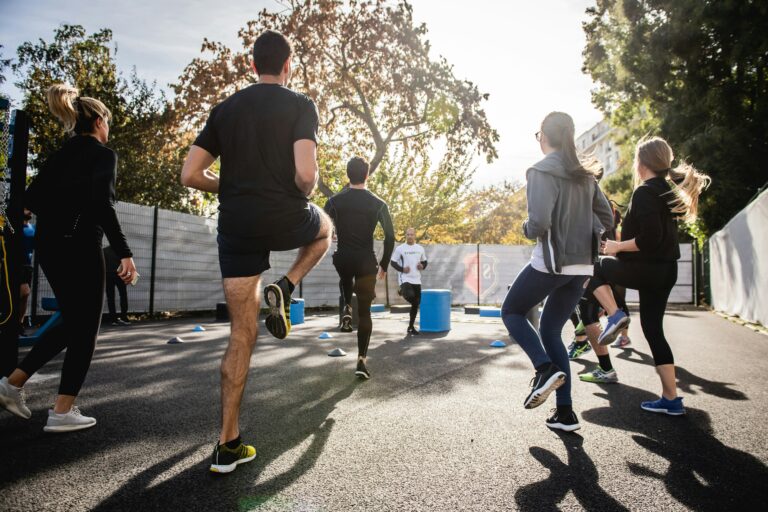
We are well aware that physical activity is not the first thought that comes to mind upon hearing a cancer diagnosis. However, research shows that exercise contributes to treatment, so we want to give you an overview of the benefits of physical activity, practical advice on recommended exercises and frequency, proper ways to start exercising, and things to avoid. Whether you’ve been exercising before or not, we encourage you to put on your workout shoes and spend at least a few minutes exercising.
Taking time to exercise will improve your physical health and emotional well-being.
We’ve all probably heard about the benefits of physical activity, which releases endorphins, serotonin, oxytocin, and dopamine, the “happy hormones.” However, that’s not the only benefit.
Latest research shows that regular physical activity has a positive effect on cancer treatment and, in some cases, can even improve treatment outcomes and reduce the risk of recurrence. Experts note that exercising has a positive effect on mental health, reducing the side effects of treatment and the resulting fatigue.
For example, one study found that an 8-week physical activity program consisting of 60 minutes of varied exercise twice a week improved patients’ mood, general well-being, and physical performance and had a positive effect on their psychological well-being.
Start off easy
The benefits of exercise in cancer are obvious, but if you decide to take the time to exercise, you should start off slowly. Go for easy workouts and don’t ask too much of yourself. Monitor your well-being and increase the intensity of your exercise slowly. Remember, you are exercising to feel better, not to prepare for a competition.
Experts at the Dana-Farber Cancer Institute (USA) recommend starting off with light, low-intensity exercises and then progressing to more intense workouts. For example, you could start with regular walks, yoga, or stretching exercises.
Once you feel like you’re ready, you can start doing more intense workouts like cycling, swimming, and speed walking.
Impaired balance can be one of the side effects of cancer and its treatment. If that is the case, take time to do exercises that improve your balance as this can help prevent injuries like falls.
During cancer treatment, reduced physical activity can lead to a loss of muscle mass, which is why experts recommend making time for strength training. Increased muscle mass can help prevent or resolve impaired balance as well as reduce fatigue and help fight osteoporosis, which can be caused by some cancer treatments.
Exercise for at least 150 minutes a week
Experts at the American College of Sports Medicine and American Cancer Society recommend at least 150-300 minutes of moderate-intensity exercise a week. For example, you could do one 30-minute workout a day, or you could do 10 minutes of exercise in the morning, at lunchtime, and in the evening.
For strength training, experts recommend 2-3 workouts a week, focusing on the main muscle groups: chest, shoulders, arms, back, abdomen, and legs. This can include push-ups, crunches using resistance bands, or weightlifting.
There are no sports that are recommended exclusively for cancer patients, so choose what you like best, enjoy it, don’t be afraid to try something new, and drink enough water and don’t forget healthy snacks for cancer patients!
Things to avoid
While there are benefits to regular physical activity in cancer, there are a few things you should look out for.
If your bones are affected by the disease, you should avoid exercises that put a lot of strain on them as there is a higher risk of fractures or breaks. You can try swimming, water exercise, or yoga instead.
If your immunity is severely affected, avoid exercising in public gyms or other places that gather a lot of people.
Also, stop exercising and consult your doctor if you experience any of the following symptoms: dizziness, chest pain, difficulty breathing, nausea, unusual back, bone, or muscle pain.
Discover the benefits firsthand and don’t lose heart when cancer changes your appearance. Find the best time to exercise, choose the sport you enjoy most, experiment, and watch your well-being transform.









Comments
Thank you. Comment sent for approval.
Something is wrong, try again later